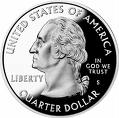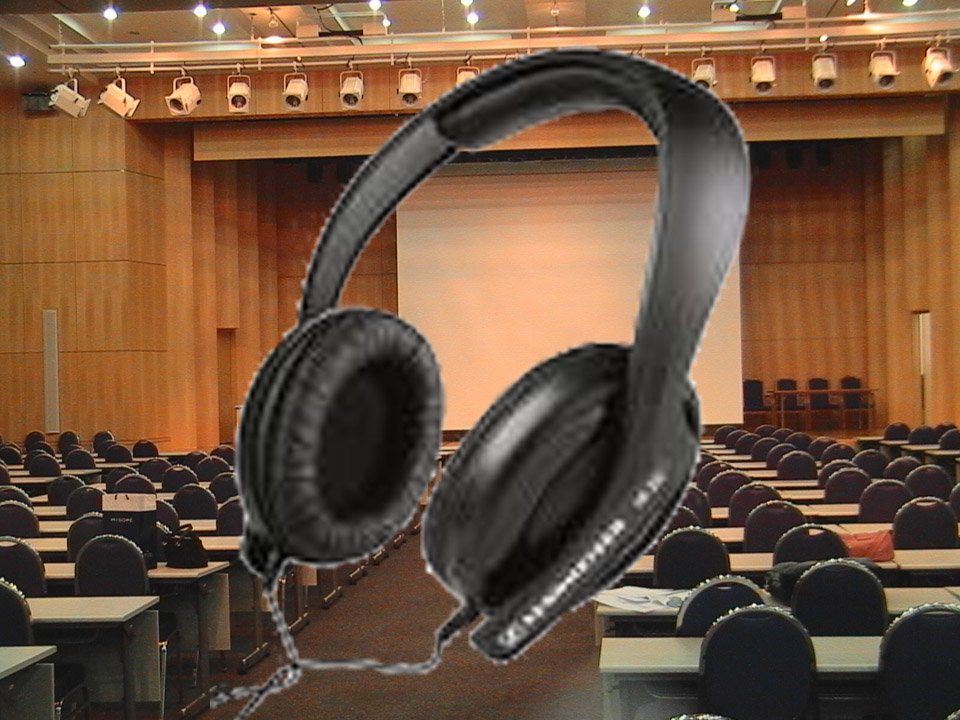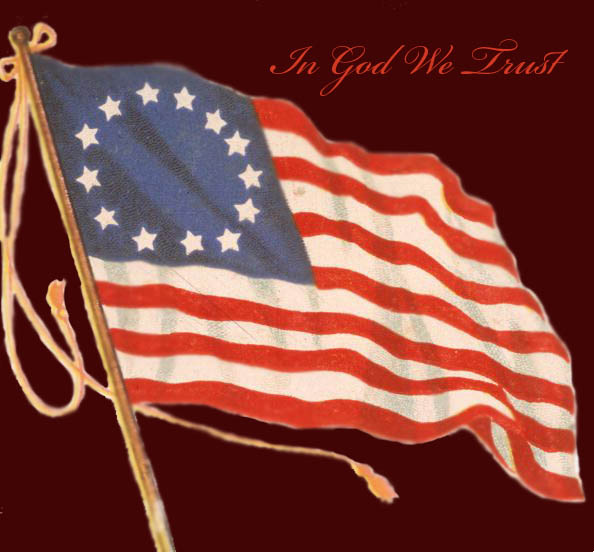Back to Boston 1773: A New and An American Method of 'Political Agitation' (continued)
Part 7: of an 18-part series
a rigid adherence to the non-importation agreement as the most effectual method to obtain a redress of grievances.
The saying was current in London that industry and economy were universal in America, where the farmer strutted in homespun and cast an indignant look at the meanness of soul that hoped for superior distinction by indulging in the manufactures of a country that exulted in enslaving the colonies.
The ministers postponed the design of altering the American constitutions. Lord North, in April, 1770, based a motion for a partial repeal of the Townshend Revenue Act on the petition of the merchants of London. He urged the abolition of the duties on glass, paper, and painters colors, on the ground that they were uncommercial, while he justified the retention of the duty on tea as necessary to assert the supremacy of parliament. Such was the judgment of the king who held that there must always be one tax to keep up the right. Hence the Act was repealed (April 12, 1770) only in part.
The Americans would not buy teas shipped from England: they would not live without tea; and hence illicit importations came in freely from Holland.
The affairs of the East-India Company were in great confusion, and a portion of its financial troubles was alleged to be owing to the loss of the American trade in tea.
The king now suggested a plan to relieve the corporation, and at the same time try the question with America.
To be continued...
a rigid adherence to the non-importation agreement as the most effectual method to obtain a redress of grievances.
The saying was current in London that industry and economy were universal in America, where the farmer strutted in homespun and cast an indignant look at the meanness of soul that hoped for superior distinction by indulging in the manufactures of a country that exulted in enslaving the colonies.
The ministers postponed the design of altering the American constitutions. Lord North, in April, 1770, based a motion for a partial repeal of the Townshend Revenue Act on the petition of the merchants of London. He urged the abolition of the duties on glass, paper, and painters colors, on the ground that they were uncommercial, while he justified the retention of the duty on tea as necessary to assert the supremacy of parliament. Such was the judgment of the king who held that there must always be one tax to keep up the right. Hence the Act was repealed (April 12, 1770) only in part.
The Americans would not buy teas shipped from England: they would not live without tea; and hence illicit importations came in freely from Holland.
The affairs of the East-India Company were in great confusion, and a portion of its financial troubles was alleged to be owing to the loss of the American trade in tea.
The king now suggested a plan to relieve the corporation, and at the same time try the question with America.
To be continued...



